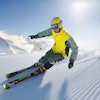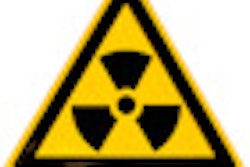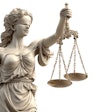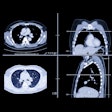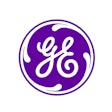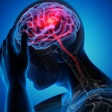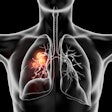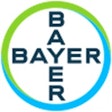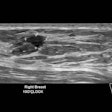
VIENNA (Reuters), Apr 30 - A scheme to track the amount of radiation patients are exposed to from scans is urgently needed to help guard them against the risk of cancer, the United Nations nuclear body said on Wednesday.
The International Atomic Energy Agency said that although technical advances in medical scans had improved diagnoses, overuse could expose patients to excessive radiation.
The IAEA is working on a smart card which would record radiation levels in patients in developed countries and which it hopes could be launched in the next three to five years as more medical records are digitized. This would help doctors weigh up whether scanning procedures were medically advisable.
"Some of (the patients) are reaching a level where the effects of radiation are well known from the data which we have from Hiroshima and Nagasaki survivors," radiation safety specialist Madan Rehani told journalists, referring to the U.S. nuclear bombing of Japan at the end of World War II.
While individual x-rays, mammograms, and scans present relatively low levels of exposure, if the procedures are repeated many times, the radiation levels become a cause for concern, he said.
"If we do not take action now, we are going to be blamed and asked why we did not. With the very fast pace at which things are increasing and with the doses of the patients getting to a level that is arguably alarming, some action needs to be taken."
Experts have been reviewing the issue at a conference at the Vienna-based IAEA this week. Some 4 billion radiological scans are carried out worldwide every year, representing a 17% rise in the dose given to the population in the past decade. The IAEA said there was concern about computed tomography (CT) scans because they deliver especially high doses of radiation. One CT scan has around the same radiation dose as 500 x-rays.
But such procedures can save lives and the experts said the smart card scheme was not supposed to discourage doctors and patients from using scans if medically justified.
"If the examination is necessary and healthcare demands repeated examinations then there is never too much radiation. Medical imaging was one of the greatest advances in medicine (of) all time," radiation expert Donald Frush said.
He said the radiation tracker would help inform medical decisions, helping to highlight an issue instead of ignoring it.
By Sylvia Westall
Last Updated: 2009-04-29 15:29:14 -0400 (Reuters Health)
Related Reading
ARRS studies: Education reduces imaging volume, dose, April 23, 2009
Higher cancer risk seen in frequently scanned patients, March 31, 2009
NCRP report: CT drives massive increase in medical radiation dose, March 3, 2009
Copyright © 2009 Reuters Limited. All rights reserved. Republication or redistribution of Reuters content, including by framing or similar means, is expressly prohibited without the prior written consent of Reuters. Reuters shall not be liable for any errors or delays in the content, or for any actions taken in reliance thereon. Reuters and the Reuters sphere logo are registered trademarks and trademarks of the Reuters group of companies around the world.

